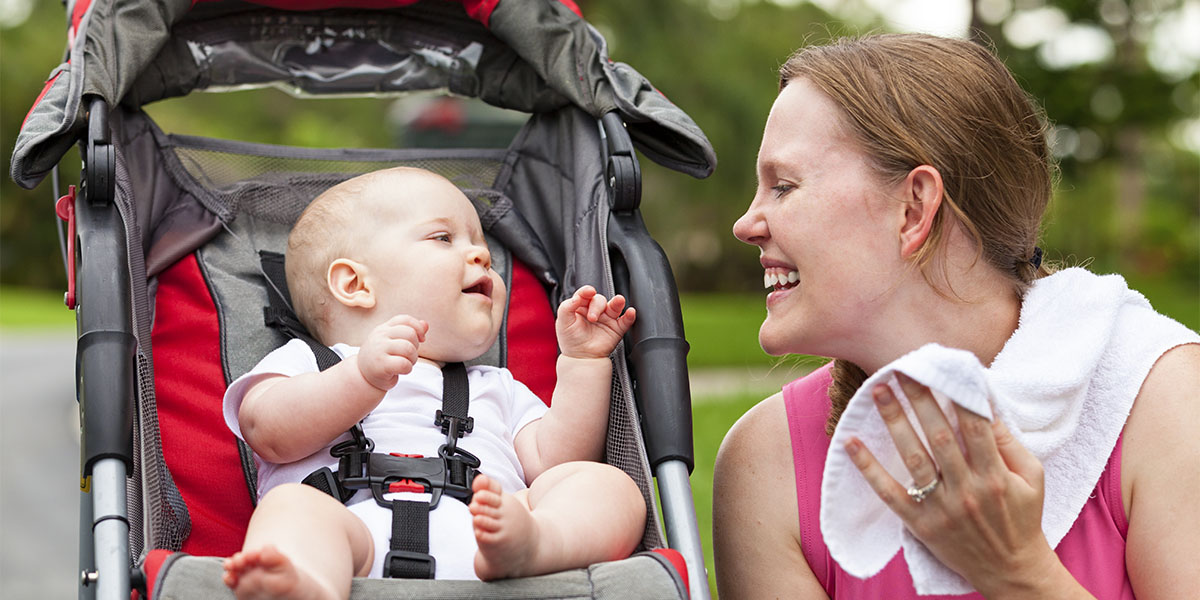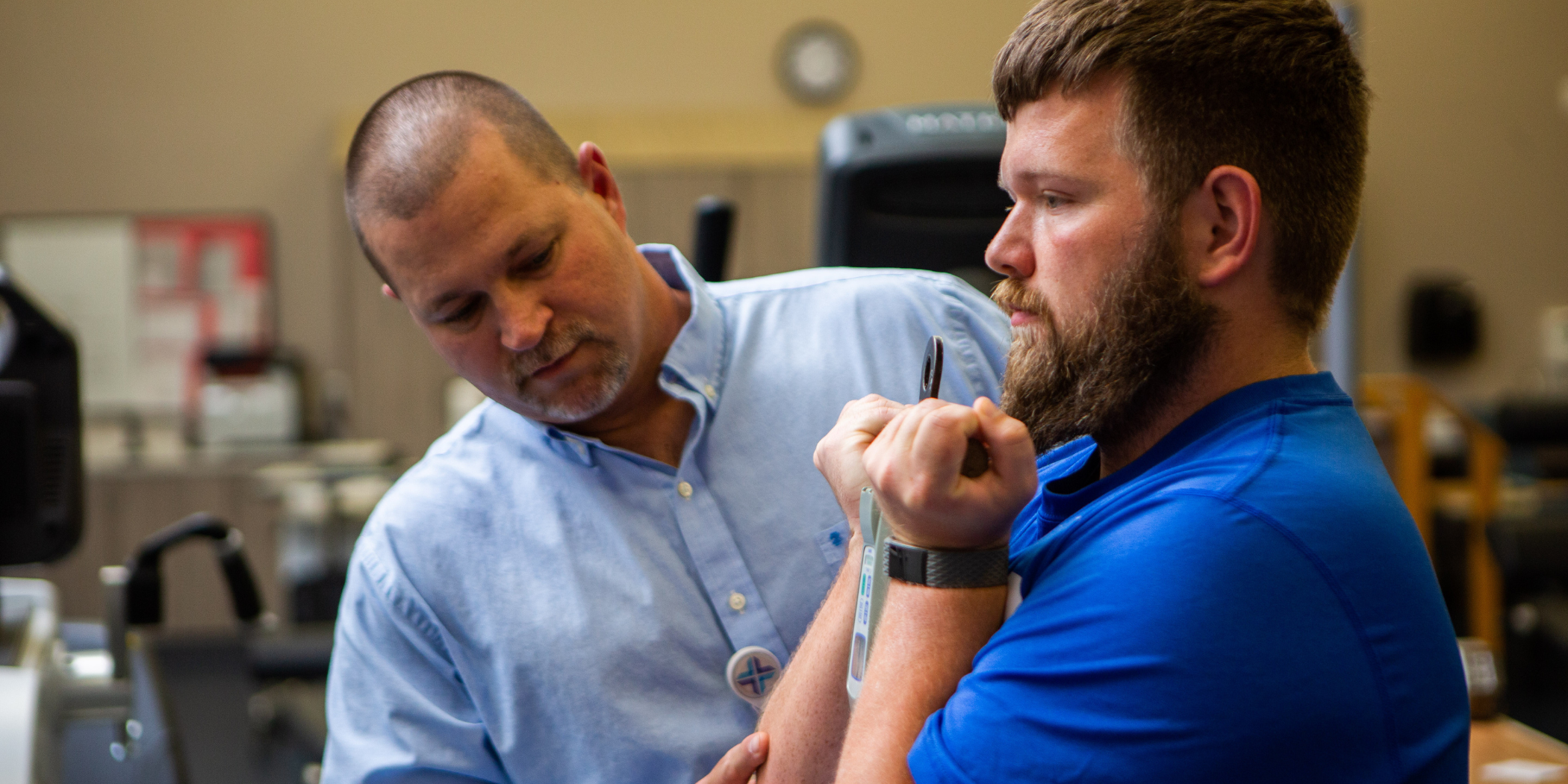
Be wise as temperatures rise
Popular culture paints the picture of summer with young people surfing at the beach, diving into a cool pool, dancing at an outdoor concert or cheering on the team at a baseball game.
Outdoor activities are popular during the summer, but while you're having fun, stay safe in high temperatures.
During the summer months, the Emergency Center at Spartanburg Medical Center sees a rise in heat stroke and other heat-related illnesses—especially when the temperatures are well above 90 degrees. The majority of these patients are the elderly or those playing sports, said Tom Boyd, MD, director of emergency medicine for Spartanburg Regional Healthcare System.
“Sometimes the medications prescribed to elderly people predispose them to being susceptible to the heat,” Dr. Boyd said.
Heat-related illnesses are treatable, but heat stroke is more serious and requires hospitalization.
“It's important to know the differences between feeling hot and having a heat stroke,” he said.
The signs of heat exhaustion and heat stroke are different. Heat exhaustion symptoms include dizziness, nausea, vomiting, headaches, weakness, profuse sweating, excessive thirst, muscle aches and cramps, agitation, and sometimes unconsciousness. Heat exhaustion requires immediate attention, but is not usually life-threatening.
Heat stroke is a more serious matter, with symptoms including vomiting, seizures, disorientation or delirium, unconsciousness, or shortness of breath. It can occur suddenly, without any symptoms of heat exhaustion. Any delay in treatment could be fatal.
"When people get a little light-headed or a little dizzy, typically they only need to be removed from the hot environment and get some fluids,” Dr. Boyd said. “But any kind confusion or change in mental status is a very concerning symptom and an ambulance should be called right away."
A few tips to keep in mind while staying outdoors:
1. Stay well-hydrated. When you don't feel thirsty, it is still a good idea to drink plenty of cool water. Your body relies on sufficient hydration to be able to sweat and cool off. Consumption of caffeine and alcohol can actually dehydrate you and result in fluid loss.
2. If possible, plan outdoor activities during cooler times of the day. The hottest hours of the day are between 10 a.m. and 4 p.m. Vigorous exercise should be avoided during these hours to keep from being overheated.
3. If someone is overheated, apply cool compacts (such as a bag of ice or ice pack) on the back of their neck and under their armpits.
4. Monitor large groups. When a larger group of individuals is interacting outdoors, have one person watch what is going on in the case of a heat-related emergency. Children, for example, often get engaged in their play and forget to cool off and hydrate themselves.
If notice someone who may be experiencing a heat-related illness, get them cooled down or call 9-1-1.











